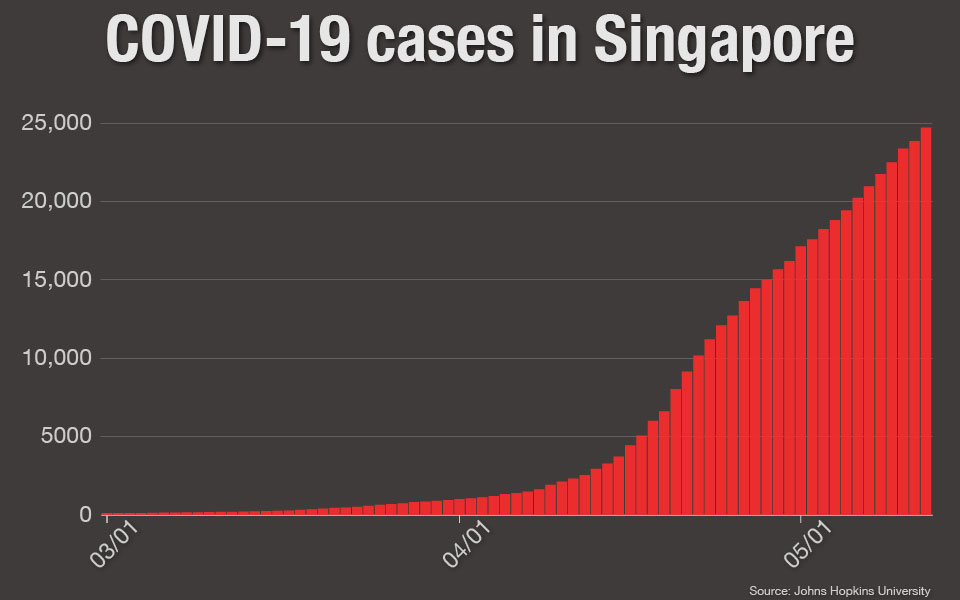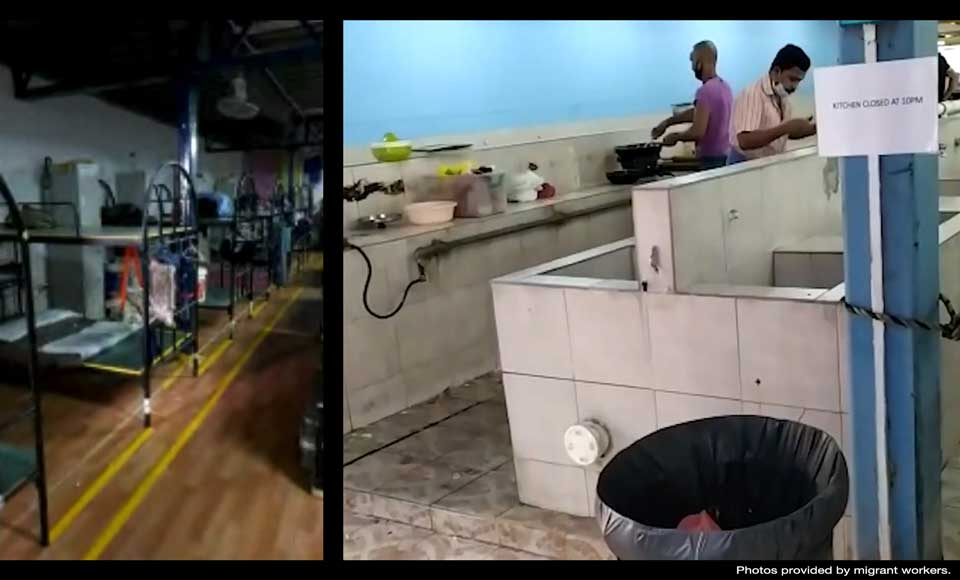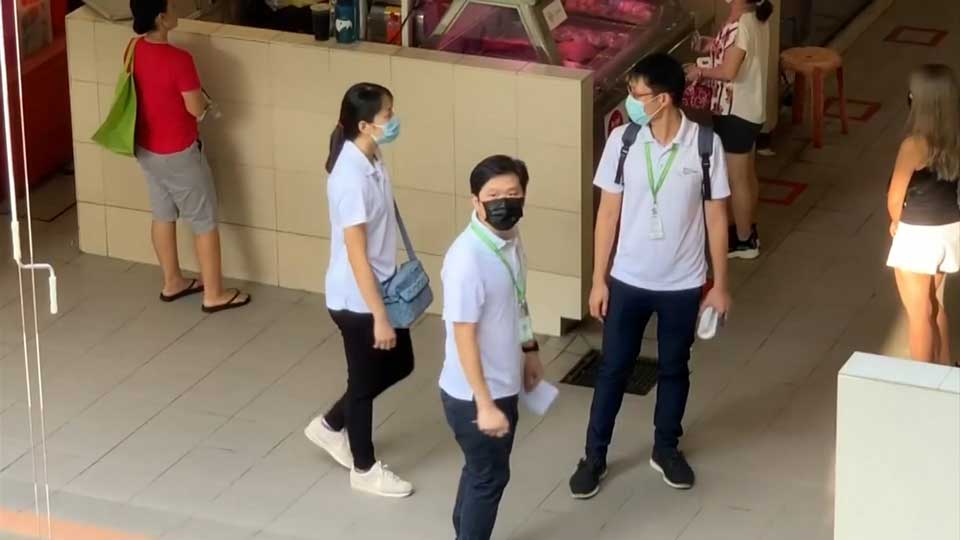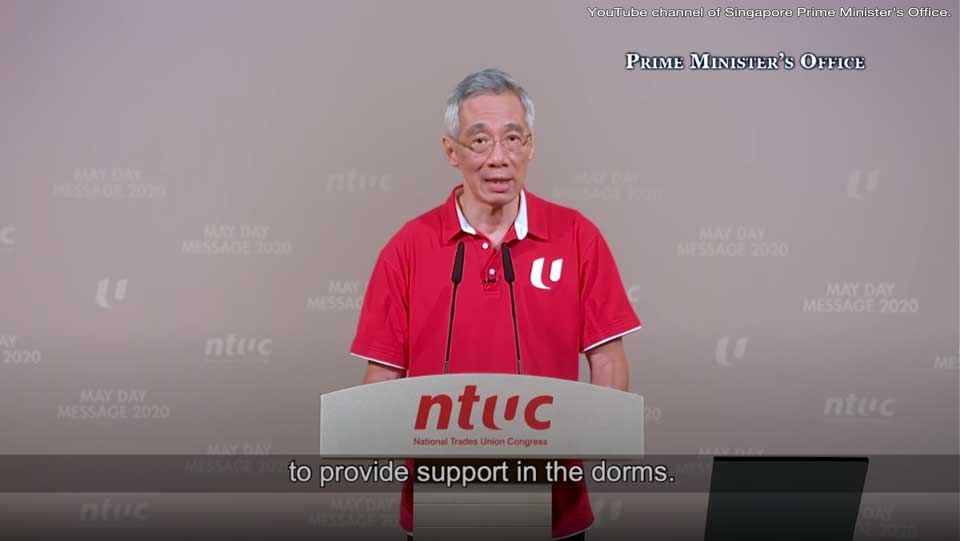Brutal conditions
Immediately after recording its first case in January, Singapore introduced strict border control measures and began thoroughly tracking infection routes. The World Health Organization commended the country, saying its policies could serve as a model on outbreak response. By early April, while the virus raged throughout the world, Singapore's daily total was consistently below 100.
But soon after, cases started emerging within the migrant worker community. The virus spread swiftly and unnoticed. Now, daily totals are usually in the hundreds.

Migrant labor, mainly from Bangladesh and India, has played a crucial role in Singapore's rapid economic development. The country is home to about one million migrant workers, accounting for nearly 20% of the total population.
About 300,000 of them face squalid conditions, living in dormitories that are fenced off from the rest of the city. They sleep in cramped quarters, with as many as ten workers sharing a single room. Proper sanitation and distancing measures are often impossible in such settings.

One worker from Bangladesh told NHK in a video interview that three people from his room have tested positive and four others are awaiting results. He believes he may be infected himself as he had a fever several days earlier. Another man said he filed several complaints to his employer about the conditions but has yet to receive a reply.

The government is now conducting large-scale testing at these dormitories. But it only started after cases were already growing.
"If I had known, I would have done things differently," said Minister for National Development Lawrence Wong.
The government has also sealed entrances to the migrant worker dormitories, completely isolating them from the rest of the city.
Monitoring
Unlike many countries, Singapore did not initially impose strict lockdowns. Even in early April, gatherings of ten or fewer were still allowed. People who were not showing symptoms did not have to wear face masks.
Now, schools and most offices are closed. Excursions are severely restricted, with officials monitoring the streets and warning the public against meeting people they are not living with, even if they are family members. Violators are subject to fines of more than 200 dollars, with repeat offenders facing prosecution.

Officials are also conducting checks inside office buildings. As a media organization, NHK has been allowed to keep its bureau open. Government officials visited the office in April to make sure we were adhering to distancing protocols.
Improving conditions for migrant workers
The government is hoping to gradually ease wider restrictions across the country as the number of infections falls. But officials say it will be some time before the outbreak within the migrant worker dormitories is contained.
Migrant labor has long been a contentious topic in the country. Many within the government have been trying to reduce the country's reliance on migrant labor. Others call for the improvement of the deplorable living conditions these workers face. The outbreak has brought these issues once again to the fore.
"We care for our migrant workers, who have done much for us, in the same way we care for Singaporeans," said Prime Minister Lee Hsien Loong in a televised address.

For a government that has long turned a blind eye to the plight of migrant workers, the coronavirus has turned the issue into one it can no longer avoid.

